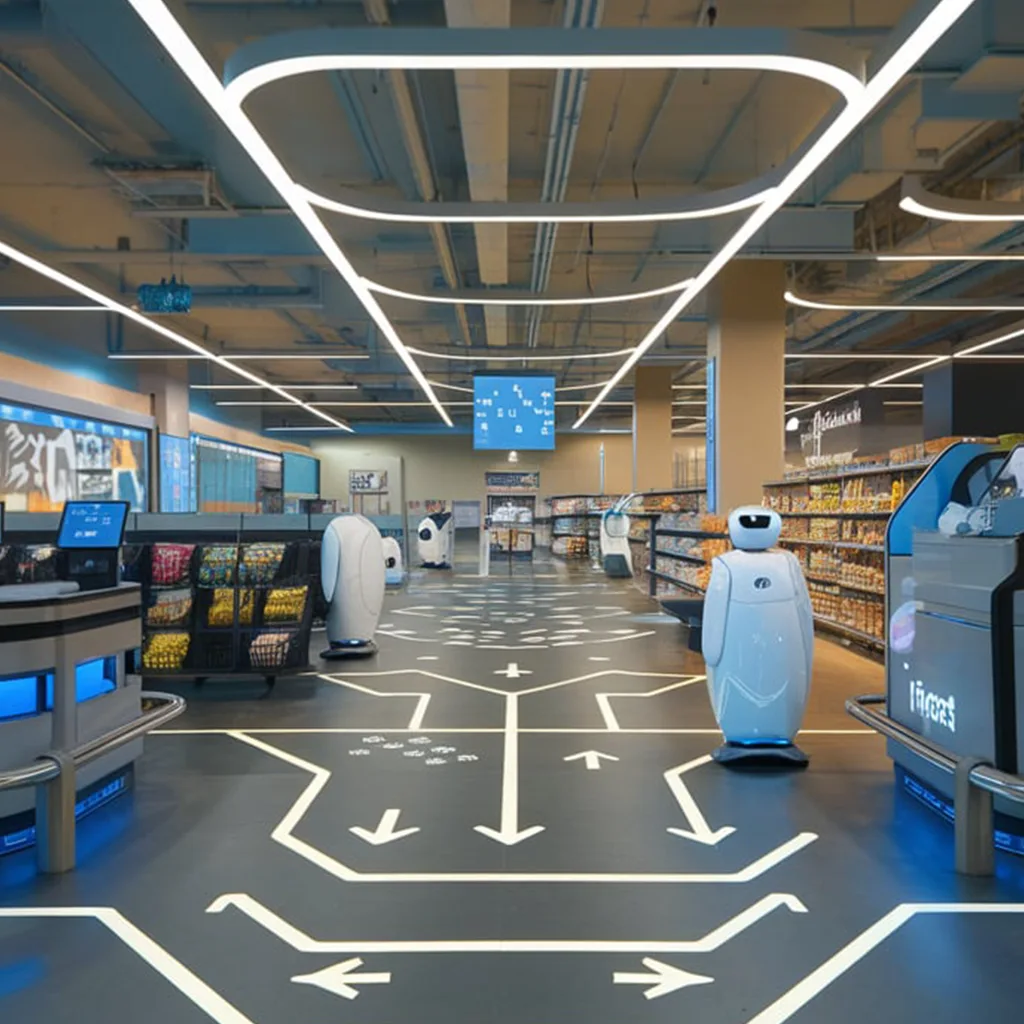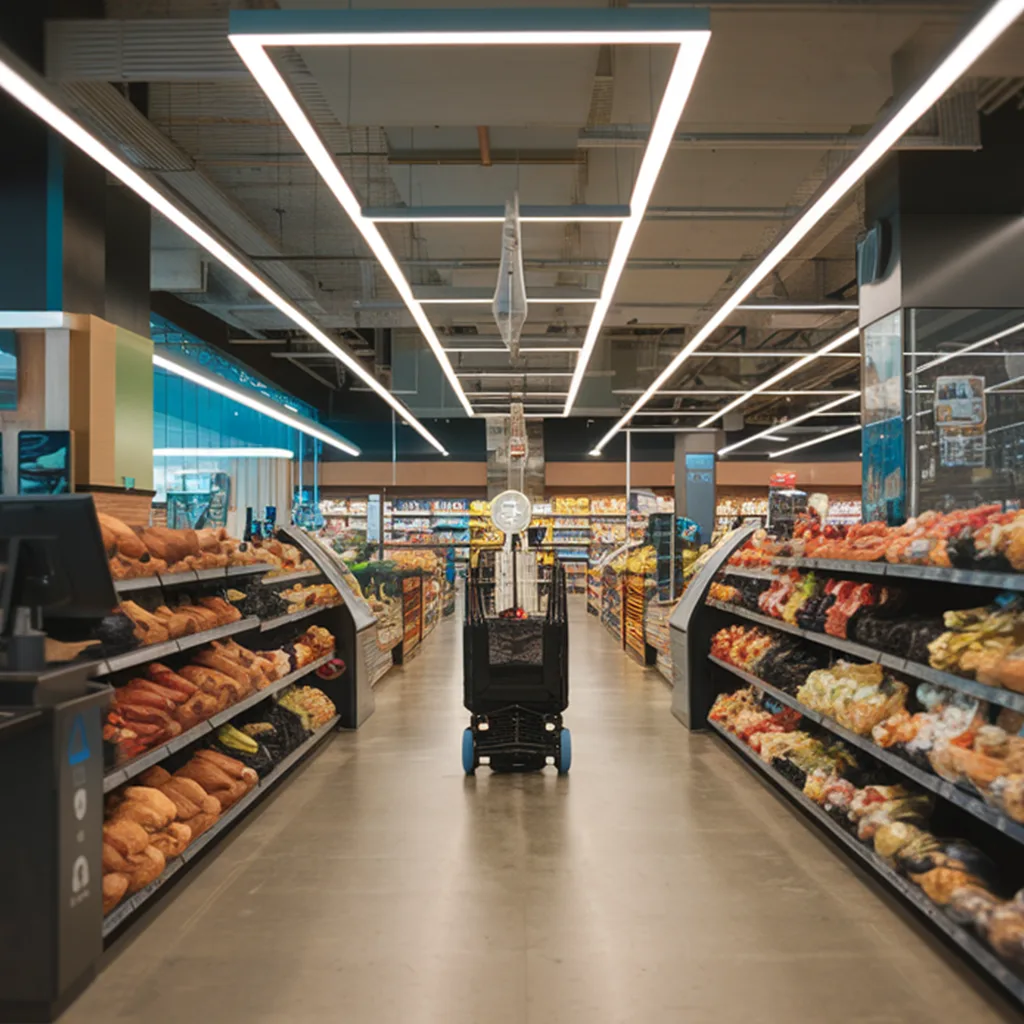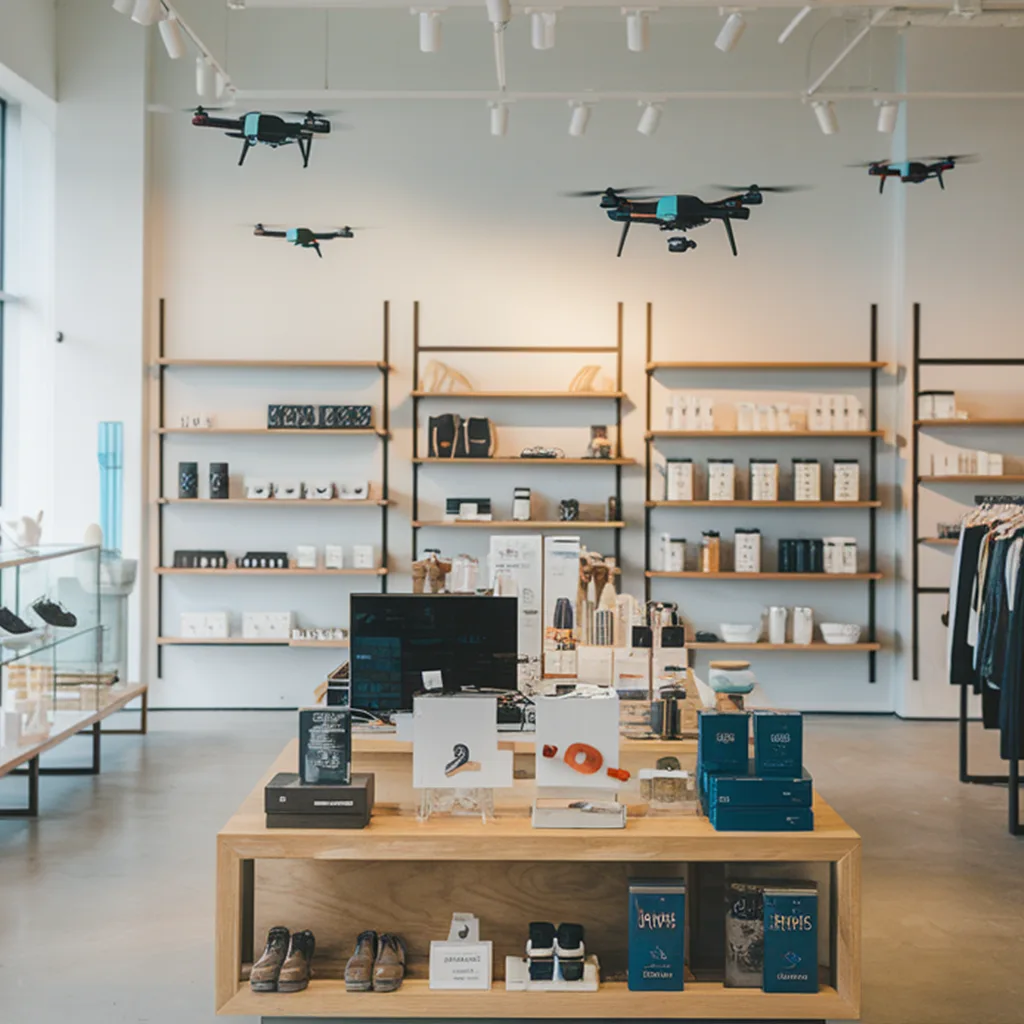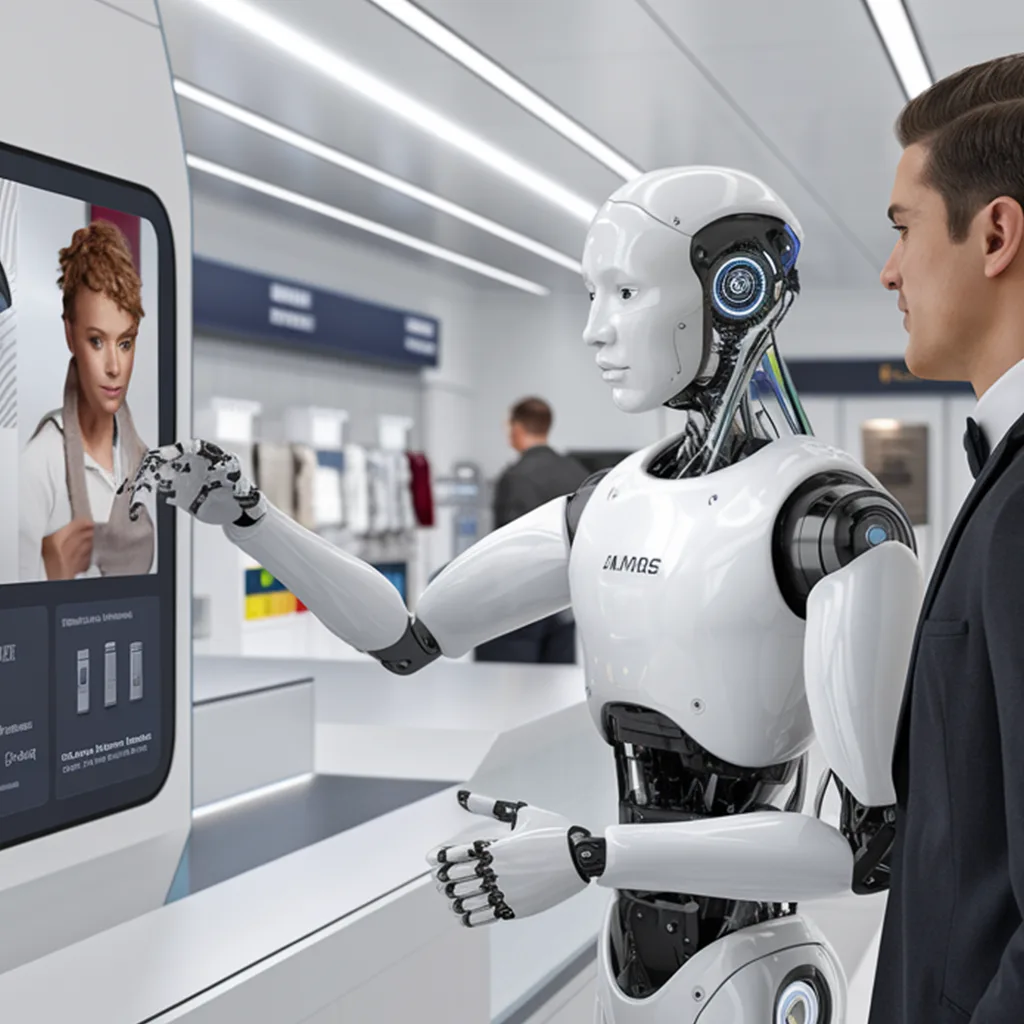Latest Retail Technology Trends: The Future of Shopping
The retail industry is rapidly evolving, driven by technological advancements that redefine customer experiences and optimize business operations. In this article, we will explore the latest retail technology trends and their most popular long-tail variants. Discover how these innovations are reshaping the retail landscape and preparing for the future of commerce.
Key Retail Technology Trends
Technology is revolutionizing the retail sector in ways unimaginable a few years ago. Below are the latest trends and their impact on the industry:
Artificial Intelligence and Machine Learning
Artificial Intelligence (AI) and Machine Learning are changing how retailers interact with customers and manage operations. These technologies enable personalized shopping experiences, improve inventory management, and optimize marketing campaigns.
Augmented Reality and Virtual Reality
Augmented Reality (AR) and Virtual Reality (VR) provide immersive shopping experiences that transcend the physical world. Customers can virtually try on products, visualize how items would look in their homes, or explore virtual stores from the comfort of their homes.
Internet of Things (IoT)
The Internet of Things (IoT) connects devices and systems to create a more efficient and personalized retail environment. From inventory sensors to digital price tags, IoT is revolutionizing store management and customer interaction.
Contactless and Mobile Payments
Contactless and mobile payments are gaining popularity due to their convenience and security. Technologies like NFC (Near Field Communication) and mobile payment apps allow customers to make quick and secure transactions.
H4: E-commerce and Omnichannel Retailing
E-commerce and omnichannel retailing are redefining the retail landscape. Consumers expect an integrated shopping experience that allows them to interact with brands through multiple channels, from physical stores to online platforms and mobile devices.
Benefits of Adopting the Latest Retail Technologies
Implementing the latest technologies in retail offers significant benefits for retailers, including:
Enhanced Customer Experience
Technologies like AI, AR, and mobile payments personalize and streamline the customer experience, creating greater satisfaction and loyalty.
Operational Efficiency
IoT and machine learning optimize inventory management and daily operations, reducing costs and improving efficiency.
Increased Sales
Innovative shopping experiences and the ability to interact with customers across multiple channels can boost sales and customer loyalty.
Challenges in Implementing New Retail Technologies
Despite the numerous benefits, adopting new technologies also presents challenges that retailers must overcome.
Initial Investment and Costs
Implementing advanced technologies requires significant investment, which can be a barrier for small and medium-sized businesses.
Integration with Existing Systems
Integrating new technologies with existing IT systems can be complicated and requires careful planning and technical expertise.
Staff Training
It’s essential to train staff to use and leverage new technologies effectively, which can be a costly and time-consuming process.
Examples of Technological Innovation in Retail
Amazon Go
Amazon Go stores use a combination of AI, sensors, and computer vision to allow customers to shop without traditional checkout lines.
IKEA Place
The IKEA Place app uses augmented reality to let customers visualize how furniture would look in their homes before making a purchase.
Walmart and Drone Technology
Walmart is experimenting with drones to conduct inventory checks quickly and accurately, optimizing stock management.
Frequently Asked Questions about the Latest Retail Technology Trends
What is artificial intelligence in retail?
Artificial intelligence in retail refers to the use of advanced algorithms and technologies to enhance customer personalization, manage inventory, and optimize marketing campaigns.
How can small businesses benefit from augmented reality?
Small businesses can use augmented reality to offer innovative product experiences, such as virtual try-ons, which can increase customer satisfaction and sales.
What advantages does IoT offer in retail stores?
IoT offers advantages like automated inventory management, enhanced security, and the creation of personalized customer experiences through real-time data collection and analysis.
Are contactless payments secure?
Yes, contactless payments are secure. They use technologies like NFC and advanced encryption to protect customer information during transactions.
What is omnichannel retailing?
Omnichannel retailing refers to integrating multiple sales and communication channels to provide a cohesive and uniform shopping experience, whether online, in physical stores, or through mobile devices.
The latest retail technology trends are significantly transforming the retail sector. From artificial intelligence to augmented reality, these innovations are enhancing customer experiences and optimizing business operations. Adapting to these trends is not just a smart strategy but a necessity to stay competitive in the dynamic world of retail.





